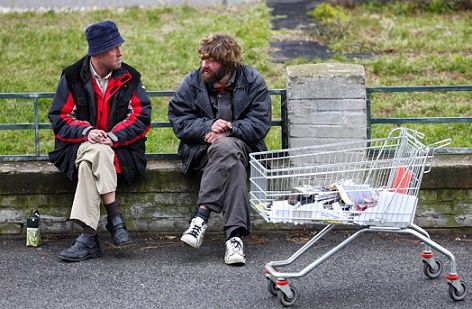A new report from VIVE, the Danish centre for applied social science, has found that around two-thirds of all homeless people in Denmark are only temporarily homeless.
The report pinpoints the factors that lead to people becoming homeless, how long they are homeless for, and what eventually gets them out of that situation again.
The findings will be used for an action plan on homelessness that the children and social minister, Mai Mercado, is preparing.
Tragic human stories
“The government has a clear goal that fewer people should be homeless. There are a lot of tragic stories behind the figures in the report, but I take comfort from the fact that two out of three seem to manage to leave the ranks of the homeless,” said Mercado.
The report has been compiled by combining the figures for homelessness since 2009 with information regarding the use of the country’s homeless shelters. It shows that around 25 percent remain homeless for more than two years. Among the long-term homeless, 80 percent either have a mental illness or abuse problems.
Proven methods should be better utilised
The report also showed that only one out of every 20 homeless people had been introduced to one of the methods that are known to work to alleviate the problem.
READ ALSO: Initiative to help homeless youth in Copenhagen a partial success
“There are no miracle solutions to this complex problem, but we have taken the first steps. We’ve developed methods that we know can help people out of homelessness,” said Mercado.
“It’s rather shocking that we don’t make more use of this knowledge. We will really have to do something about that.”
The plan ought to make the steps better known and ensure more support to long-term homeless people, who have often had a long, hard life on the streets and in shelters.















